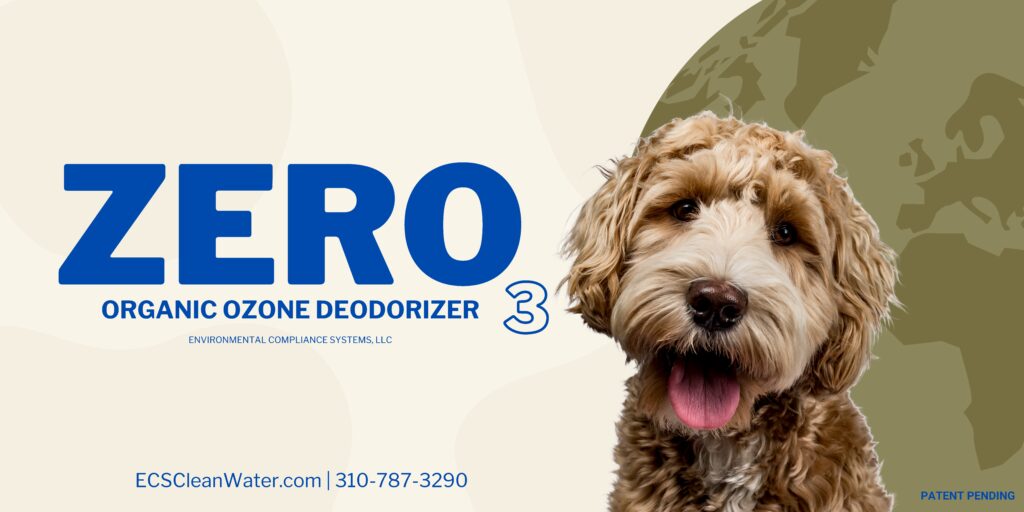In the realm of veterinary medicine, innovative therapies are continually emerging to enhance animal health and well-being. Veterinary ozone therapy is one such approach, gaining significant traction for its holistic and non-invasive benefits. This treatment utilizes ozone gas, a naturally occurring substance, to promote healing and improve overall health in animals.
How Does Ozone Therapy Work?
Ozone therapy involves the controlled introduction of ozone gas into the body. This can be achieved through various methods, including:
* Intravenous (IV) Therapy: Ozone is mixed with saline and administered intravenously.
* Rectal Insufflation: Ozone gas is introduced into the rectum.
* Subcutaneous Injection: Ozone is injected beneath the skin.
* Ozonated Water: Ozone-infused water is given orally or topically.
When ozone enters the body, it interacts with cells and tissues, triggering a cascade of beneficial effects. These include:
* Increased Oxygenation: Ozone improves oxygen delivery to tissues, promoting healing and cell regeneration.
* Antimicrobial Action: Ozone is a powerful disinfectant that can combat harmful bacteria, viruses, and fungi.
* Anti-inflammatory Properties: Ozone helps reduce inflammation, which is often associated with various health conditions.
* Immune System Modulation: Ozone can help balance the immune system, supporting optimal function.
Benefits of Veterinary Ozone Therapy
Veterinary ozone therapy has shown promise in treating a wide range of animal health issues, including:
* Skin Conditions: Dermatitis, hot spots, allergies, and fungal infections
* Joint Problems: Arthritis, osteoarthritis, and joint pain
* Respiratory Issues: Asthma, bronchitis, and sinusitis
* Digestive Disorders: Gastrointestinal upset, inflammatory bowel disease, and liver problems
* Wound Healing: Accelerates healing and reduces scarring
* Cancer Support: Can be used as a complementary therapy to support cancer treatment
* Chronic Illnesses: Can improve overall health and quality of life for animals with chronic conditions
Safety and Considerations
While ozone therapy is generally safe when administered correctly, it’s crucial to consult with a qualified veterinarian experienced in this treatment. They can assess your pet’s condition and determine if ozone therapy is appropriate.
It’s also essential to choose a reputable veterinarian or clinic that uses safe and effective ozone therapy equipment. The concentration of ozone gas and the administration method must be carefully controlled to minimize risks and maximize benefits.
Conclusion
Veterinary ozone therapy offers a natural and holistic approach to animal health. Its ability to improve oxygenation, reduce inflammation, and combat harmful pathogens makes it a valuable tool for treating various conditions. If you’re seeking a supportive therapy for your pet, consider discussing ozone therapy with your veterinarian.
